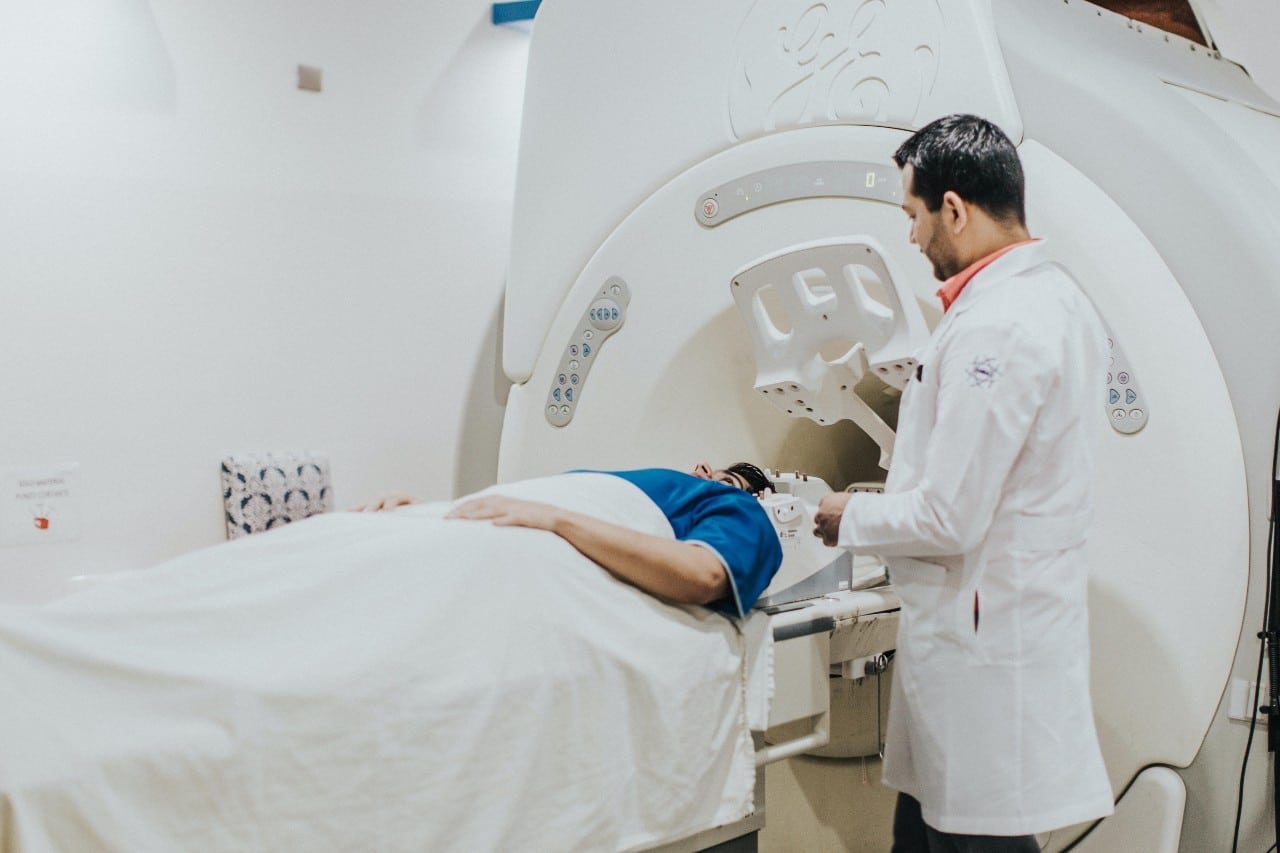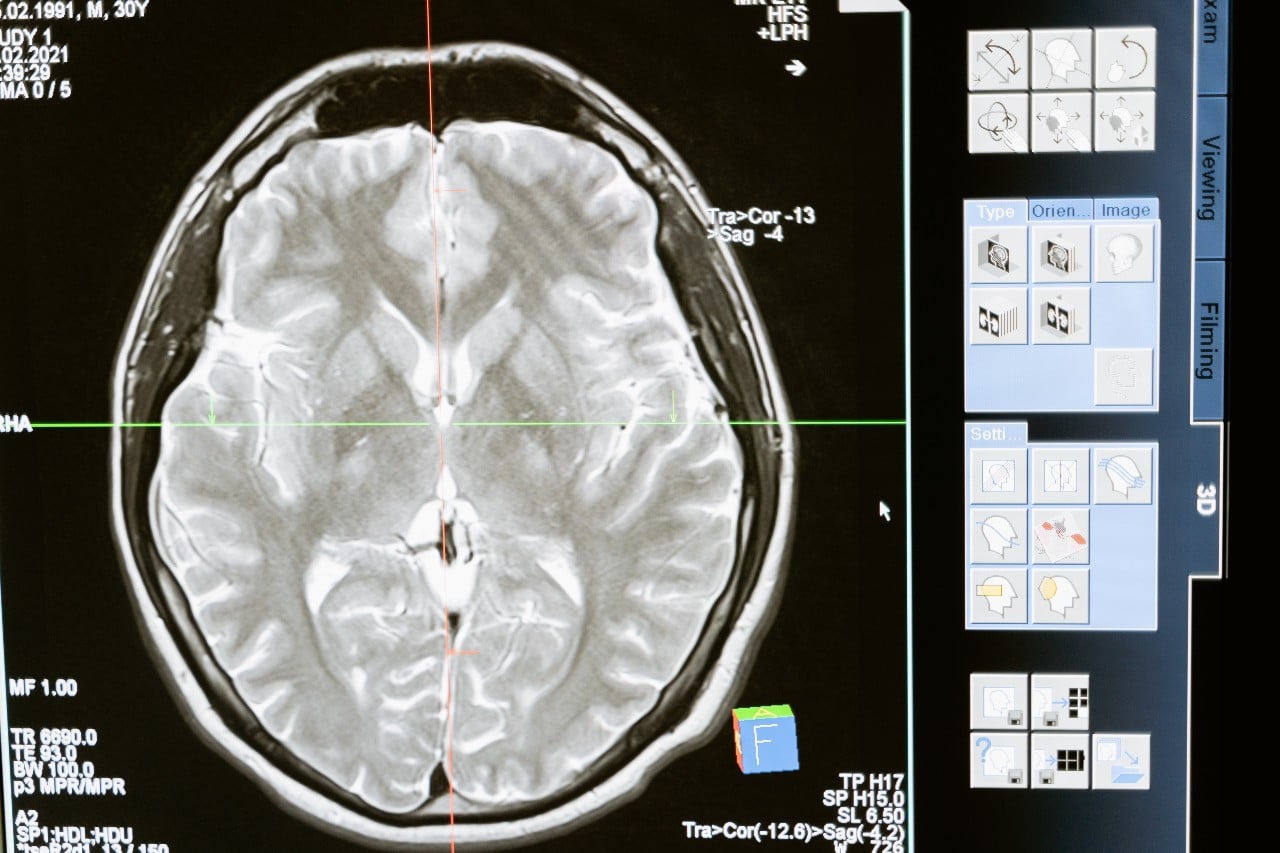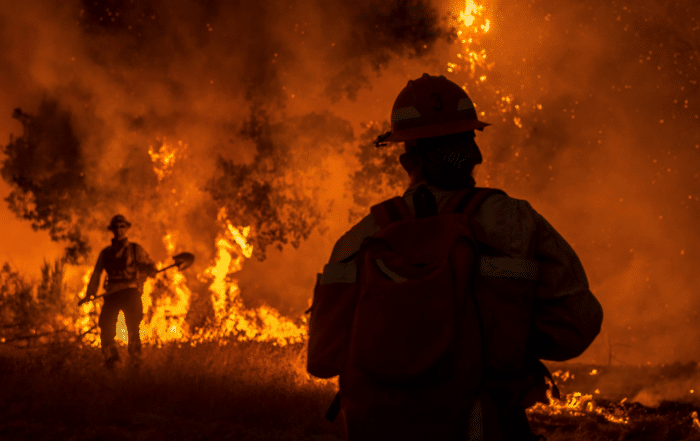
Dangers of a Concussion
Concussions: An Overview
Car accidents, physical impacts, or slip-and-fall incidents can all result in a concussion. In the past, we referred to this as “getting your bell rung,” but advancements in brain scan technology have revealed the more severe effects of concussions. A concussion, or Traumatic Brain Injury (TBI), happens when the head undergoes sudden acceleration followed by an immediate deceleration, causing the brain to collide with the inside of the skull. Occasionally, this collision occurs with the ‘opposite’ side of the skull, leading to a contrecoup injury, where the brain is affected on the side opposite to the impact site.
In the majority of concussions, the brain strikes one side of the skull—either the impact side or its opposite. Yet, in more forceful scenarios, a coup contrecoup injury occurs. This injury involves the brain “bouncing” off one side of the skull and striking the other. It represents a highly perilous TBI with the potential for long-lasting effects. This specific trauma induces chemical and physical alterations in the brain to varying extents.

During a car accident when you’re rear-ended, the physics at play heightens the risk of a coup contrecoup brain injury. The impact propels your head forward so rapidly that your brain initially strikes the rear of your skull. Your seatbelt engages, halting your forward motion and acting as a ‘brake’ for your head’s movement. Subsequently, the jolt causes your brain to thrust forward, forcefully hitting the front part of your skull. Consequently, a single accident can potentially cause injuries to both the frontal and occipital lobes of your brain.

Immediate and delayed symptoms characterize concussions, yet their seriousness remains constant regardless of symptom severity. Seeking medical attention is crucial when a concussion is suspected. Undiagnosed and untreated concussions could escalate, potentially resulting in more severe symptoms or conditions.
Second Impact Syndrome
CTE
CTE, known as Chronic Traumatic Encephalopathy, involves a particular brain protein beginning to harden portions of the brain. This condition can result in lasting impacts on brain function. While it’s commonly believed that CTE arises after multiple concussions, evidence suggests that even a single concussion could potentially lead to CTE symptoms later in life. Some causes of CTE remain unidentified, prompting ongoing studies in this field. Nonetheless, numerous researchers are uncovering the detrimental effects of CTE on various aspects of life, including quality of life, neurological processes, decision-making, mood disorders, and motor control.
TBIs and concussions aren’t solely the result of direct head impacts. Evidence shows that a concussion can also arise from a forceful impact to the body. For instance, if you’re moving forward and someone tackles you head-on, your head continues its motion, causing the brain to collide with the skull and triggering concussion symptoms. Notably, concussions extend beyond car accidents; sports such as football, hockey, and soccer predispose athletes to these injuries. Additionally, situations like altercations, slip-and-falls, and falls from heights like ladders or stairs, among other incidents, can lead to concussions. Seeking medical attention is crucial if you suspect any head trauma.
Brain injuries, concussions, TBIs, and the like are not to be taken lightly. If you or someone you know has been affected by a brain injury due to an act of another party, consult one of our attorneys today. Our Personal Injury Team provides FREE CASE CONSULTATIONS.
For more information on Brain Injuries, follow this link to the Mayo Clinic page.






